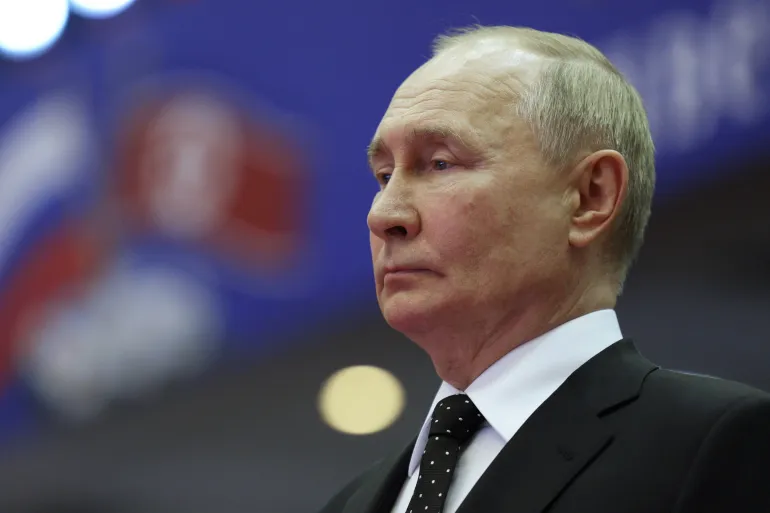
Russian President Vladimir Putin has arrived in Vietnam, marking the final stop of his two-nation tour of Asia. This visit follows a significant defense agreement with North Korea, illustrating Russia's strategic moves in the region. Putin's aircraft landed in Hanoi early on Thursday, as reported by Russian news agencies.
Ahead of his arrival, Putin commended Vietnam for its “balanced” and “pragmatic” approach to the Ukraine crisis in an opinion piece published in Nhan Dan, the newspaper of Vietnam's Communist Party. In his remarks, he acknowledged Vietnam's support for a diplomatic resolution to the conflict, despite the Southeast Asian country's officially neutral stance and its decision not to condemn Russia’s actions in Ukraine.
Putin's visit to Vietnam comes on the heels of his trip to North Korea, where he secured a mutual defense pledge from leader Kim Jong Un. This pact, described by Kim as an “alliance,” represents one of Russia's most significant engagements in Asia in recent years, reflecting Moscow's efforts to fortify its regional alliances amid international tensions.
During his time in Vietnam, Putin plans to engage in discussions with the country's leadership on various areas of mutual interest. He highlighted the strategic importance of energy cooperation, citing joint ventures in fossil fuels in the South China Sea and northern Russia. He also mentioned Gazprom's operations in Vietnamese gas fields and Russian energy firm Novatek's plans to launch liquefied natural gas (LNG) projects in Vietnam. Additionally, Putin referred to an initiative to establish a Centre for Nuclear Science and Technology in Vietnam with the support of Rosatom, Russia’s state-owned nuclear energy giant.
Despite Vietnam's previous suspension of a plan to develop a nuclear power plant, the potential for nuclear energy collaboration remains a topic of interest. Countries like South Korea and Canada have also proposed nuclear energy solutions to Vietnam, indicating a broader international interest in Vietnam's energy sector.
Finance and trade are also key components of the bilateral discussions. Western sanctions on Russian banks have complicated payment settlements between the two countries, making this a priority in their meetings. Putin noted that transactions in roubles and Vietnamese dong accounted for 60 percent of bilateral trade payments in the first quarter of this year, up from more than 40 percent last year. The Vietnam-Russia Joint Venture Bank, established in 2006, plays a crucial role in facilitating these financial transactions.
Putin also emphasized the growth in bilateral trade, though he acknowledged that Vietnam’s trade with Russia remains limited compared to its primary trading partners, the United States and China. Despite this, the increasing trade volume between Russia and Vietnam signifies a strengthening economic relationship.
This visit marks Putin’s first to Vietnam since 2017, when he attended the Asia-Pacific Economic Cooperation (APEC) summit. He noted that Russia and Vietnam share “similar assessments of the situation in the Asia-Pacific region,” a statement reflecting their common interests and strategic viewpoints.
The visit underscores the importance of Russia’s relationship with Vietnam, particularly in the context of broader geopolitical dynamics. By fostering closer ties with Vietnam and securing a defense pact with North Korea, Russia is reinforcing its presence and influence in Asia, seeking to balance Western opposition and sanctions with stronger regional alliances.











